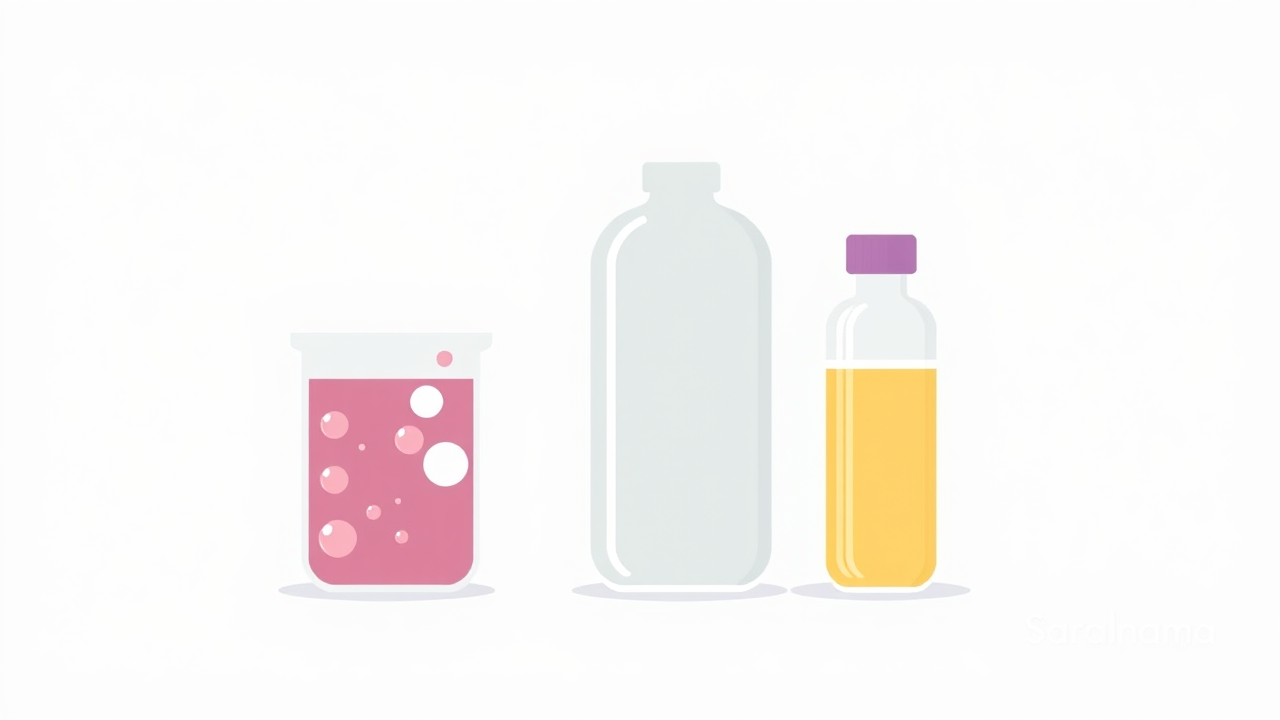Electrolytes are essential minerals including sodium, potassium, magnesium and calcium that carry an electrical charge in water and support vital body functions. They help move nutrients into cells, remove waste, rebuild damaged tissues, balance pH levels, and regulate the nervous, muscular, heart, and brain systems. Most people obtain electrolytes from everyday food and fluids. While whole foods and water meet regular daily needs, workouts, illness, or special health conditions may require additional support. Balance is crucial—excessive sodium can elevate blood pressure, while insufficient levels cause weakness. Natural sources like bananas, leafy greens, citrus fruits, curd and coconut water provide adequate electrolyte intake for typical daily living. However, both low and high electrolyte levels can be harmful. Always stay hydrated, eat varied foods, and consult medical professionals if you have ongoing health concerns.

Choosing Electrolytes Based on Your Specific Situation
For regular daily life, water and electrolyte-rich foods suffice. After workouts or outdoor activities in heat, heavy sweating depletes sodium and potassium. A homemade mix of water, pinch of salt, lemon and honey replenishes electrolytes without added sugar. People with low blood pressure experiencing dizziness or fatigue may benefit from extra salt in food or clear soups, though professional guidance is essential. Hot climates, dehydration, vomiting or diarrhoea rapidly strip vital salts. Oral rehydration solution (ORS) works best for rapid absorption in such cases. Avoid energy drinks or high-caffeine beverages as they worsen fluid loss. Moderation matters—excessive sodium causes hypernatremia and too much potassium leads to hyperkalemia, affecting kidney function and causing irregular heartbeats.
Source: Link
